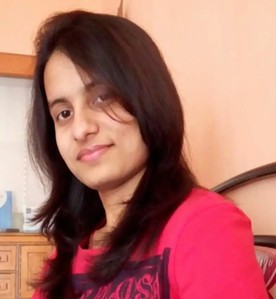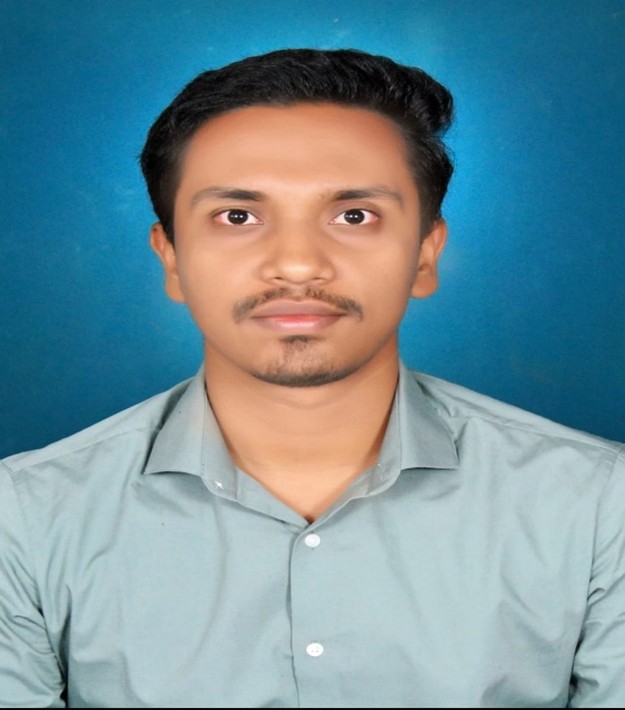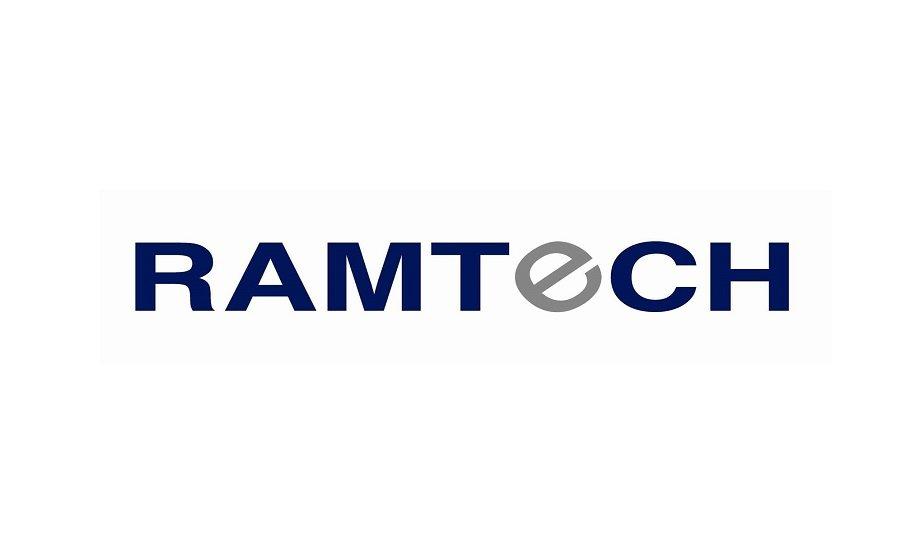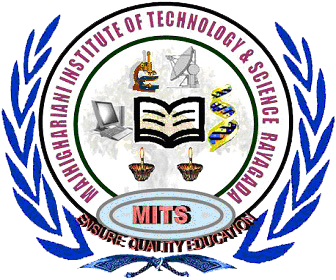Placement GALLERY Alumini MANDATORY DISCLOSURES STAKEHOLDER
Majhighariani Institute Of technology & Science Sriram Vihar, Rayagada - 765017, Orissa, India
Welcome to the Department of Electrical Engineering at MITS, Rayagada, where we prepare the next generation of leaders in electrical engineering. Our department is committed to fostering innovation, collaboration, and excellence in both education and research.
Electrical Engineering is a dynamic and evolving field that impacts virtually every aspect of modern life. From power generation and distribution to advanced communication systems, from robotics to sustainable energy solutions, electrical engineers are shaping the future of technology. At MITS Rayagada ,our department offers a comprehensive curriculum designed to equip students with the knowledge and skills necessary to thrive in this fast-paced industry.
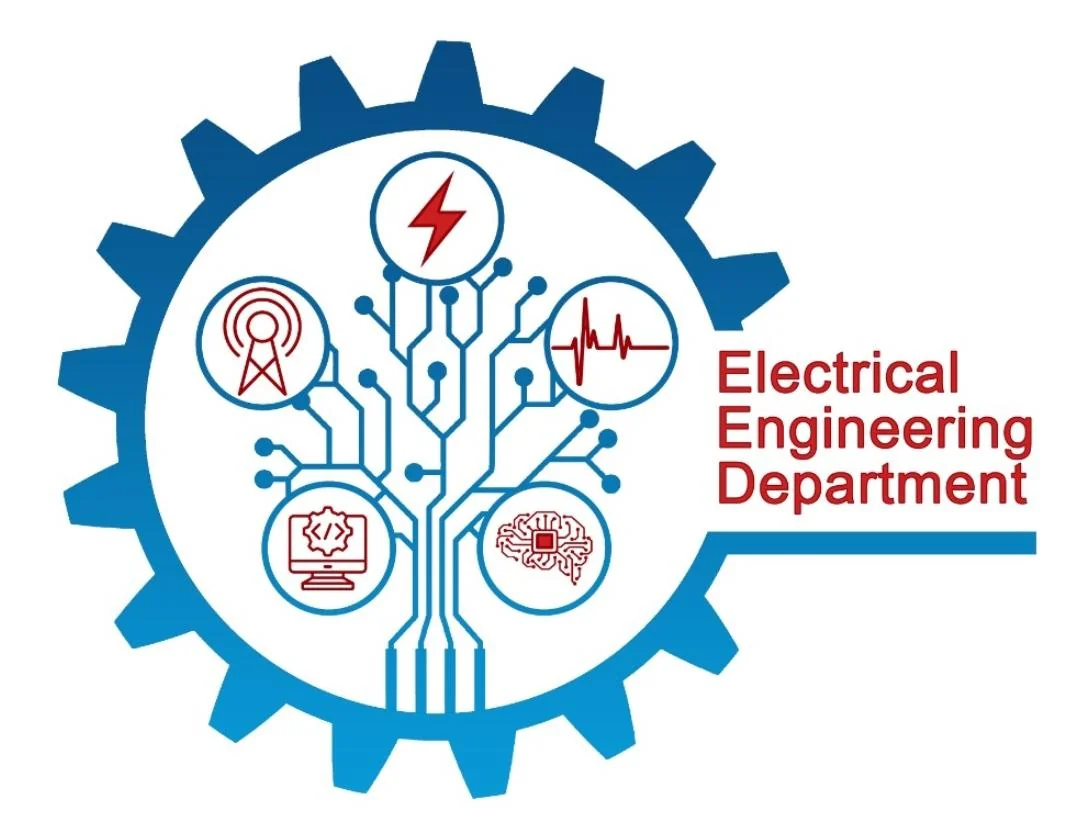
Our department offers undergraduate programs in Electrical Engineering.
Students have the opportunity to explore cutting-edge topics and engage in hands-on projects that bridge the gap between theory and real-world applications. Our rigorous academic structure ensures that students not only gain technical expertise but also critical thinking, problem-solving, and leadership skills.
At MITS, research in Electrical Engineering is at the heart of our mission. Faculty and students work together to push the boundaries of knowledge and technology. Our research labs are equipped with state-of-the-art tools to support pioneering work in various fields.

To be a premier department providing value based and enlightening education committed to excellence in electrical engineering and by producing globally competent technocrats who can address challenges of the millennium and are successfully involved in innovative research and entrepreneurship with a strong commitment towards societal development.

• To create graduates possessing sound fundamental knowledge of Electrical Engineering.
• To facilitate quality learning blended with practical Engineering skills.
• To provide technocrats for industry.
• To organize faculty development programs in need-based areas to enhance their capability in teaching, publishing research papers in peer reviewed journals, filing patents and for their overall career enhancement.
• To provide special learning opportunities and a conducive environment for students to enhance their skills in technical, co-curricular activities, extra-curricular activities, entrepreneurship, soft skills and personality traits.
• To pursue research in Electrical and Electronics Engineering and across the disciplines.
• To create engineering manpower for contributing effectively towards societal development.

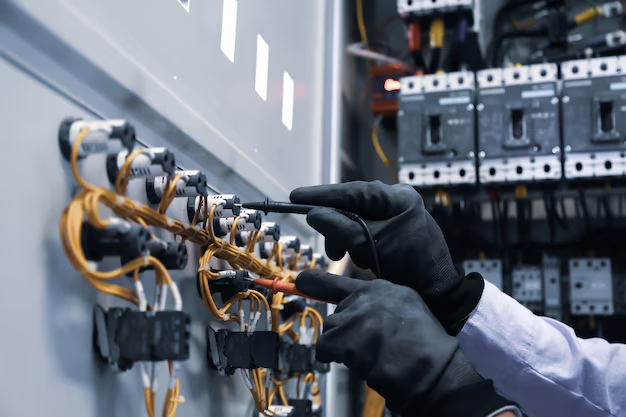
Graduates of the Electrical Engineering program at MITS Rayagada are highly sought after by employers in various industries, including power generation, telecommunications, electronics, manufacturing, robotics, and more. Our alumni network spans across the globe, with graduates working at some of the top engineering firms, tech companies, and research institutions.
Are you ready to be part of a transformative discipline that shapes the future of technology? Explore our programs, meet our faculty, and learn more about how you can contribute to the ever-evolving world of electrical engineering.
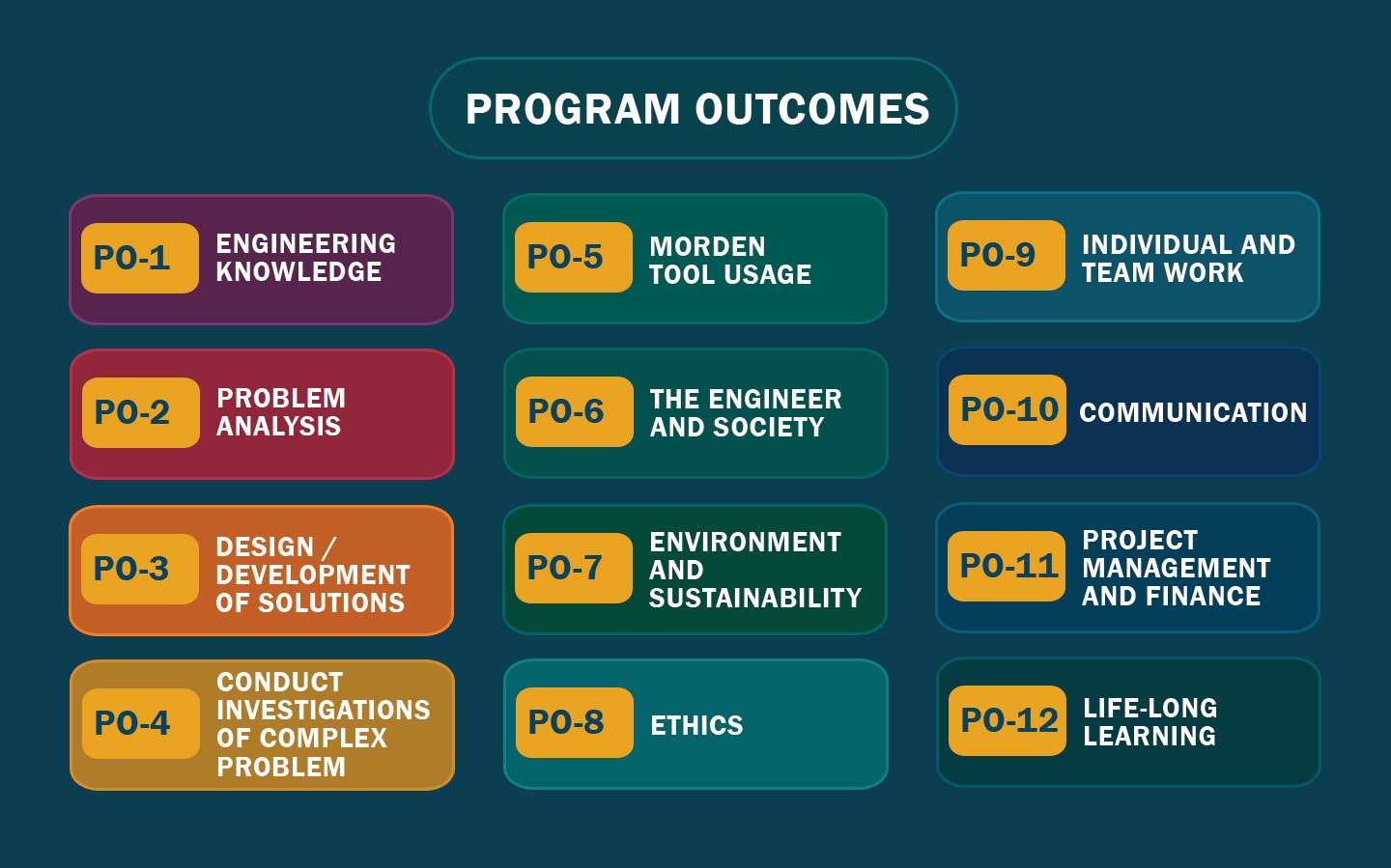
Electrical Engineering is a core branch of engineering that focuses on electricity, electronics, and electromagnetism. Laboratories play a crucial role in understanding theoretical concepts through hands-on experiments and practical applications. Below is a detailed overview of the various labs typically found in an Electrical Engineering Department.

The Central Computing Lab is a hub for students to gain hands-on experience with a variety of computing resources, tools, and technologies used in the field of computer science and engineering. It provides access to high-performance computing systems, software applications, and networked environments to support academic and research activities.
• To introduce students to fundamental electrical concepts such as Ohm’s Law, Kirchhoff’s Laws, AC & DC circuits, and basic components.






The Electrical Power Transmission and Distribution (EPTD) Lab is designed to provide students with hands-on experience in power transmission, distribution networks, and fault analysis. It helps students understand real-world electrical grid operations, power flow, voltage regulation, fault detection, and protection mechanisms used in modern power systems.




The Electrical Measurement and Instrumentation (EMI) Lab focuses on the principles, operation, and applications of measuring instruments used in electrical engineering. This lab helps students understand how to measure electrical parameters such as voltage, current, power, energy, resistance, capacitance, and inductance using various instruments and techniques.
Electrical Engineering labs provide hands-on experience in power systems, control, machines, and renewable energy. These labs help students apply theoretical knowledge to real-world electrical problems, making them industry-ready.
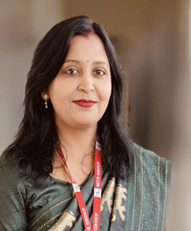
Email ID: [email protected]
It is my pleasure to extend a warm invitation to explore our department, where we strive to cultivate a vibrant and dynamic environment for learning, research, and professional growth.
Our department is dedicated to excellence in education, research, and innovation. We strive to equip our students with the knowledge and skills needed to address real-world challenges in electrical engineering, from power systems and renewable energy to embedded systems and artificial intelligence.
With a team of highly qualified faculty, state-of-the-art laboratories, and strong industry collaborations, we ensure a dynamic learning environment that fosters creativity and problem-solving. Our goal is to nurture engineers who will lead technological advancements and contribute to society
We warmly invite students, researchers, and industry professionals to engage with our department, explore collaborative opportunities, and be part of the ever-evolving future of electrical engineering.
|
Programs |
Intake |
Fee Structure |
Syllabus |
|---|---|---|---|
|
Electrical Engineering |
30 Seats |
67,000 |

Designation- Head of Department, Electrical Engineering
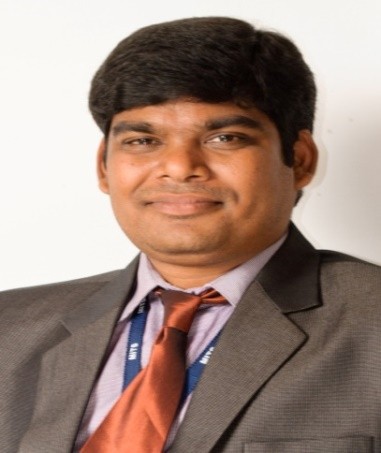
Designation- Assistant Professor
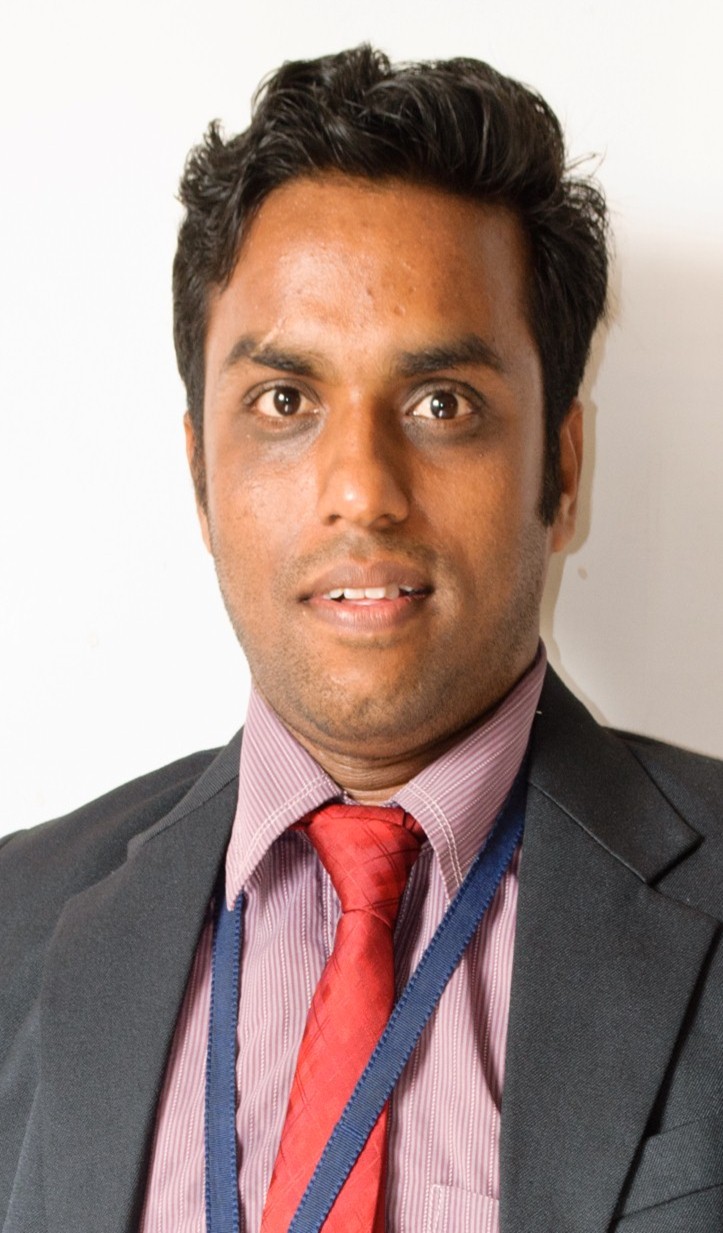
Designation- Assistant Professor
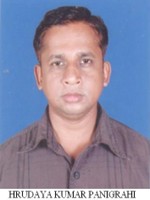
Designation- Assistant Professor

Designation- Assistant Professor










